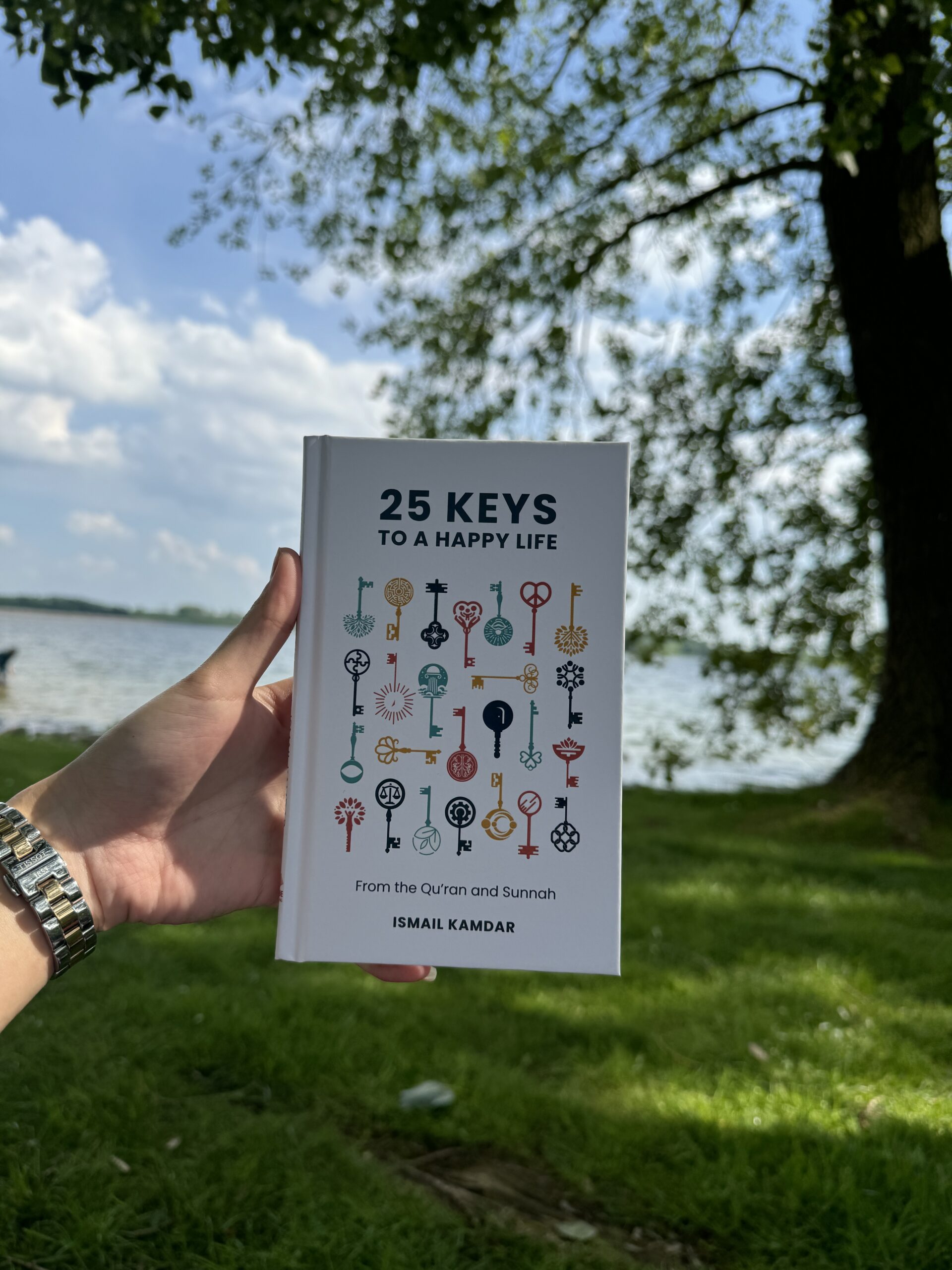The countdown has begun and we have less than a month left until the greatest month of the year, Ramadan knocks at our doors! I’m sure by now most of you are stock-piling the goodies for iftaar and downloading as many resources as possible for Ramadan preparation but the question remains “How can I manage my time well enough to get it all done?”
That is what this article is going to assist you with, insha’Allah. Without any further ado, let’s jump right into our Time Management Tips for Ramadan:
1. Plan in Advance
Time Management is divided between planning and application. Without adequate planning, there isn’t anything much to apply and the result is another Ramadan that just flies by. To plan for Ramadan, we need to be clear regarding the goals (Maqasid) of Ramadan, which is to attain taqwa. Therefore, our objective of Ramadan should be an increase in guidance and taqwa.
2. Calculate how much Ibaadah time you will have daily
Ideally, we all want to spend Ramadan performing acts of worship 24/7, but this isn’t realistic and most of us have other obligations that we need to take care of as well. So work out in advance how much time you will have daily for Ibaadah, then set goals to get that much Ibaadah done. The formula is simple: 24 Hours – (Sleep time, Work Time, Family Responsibility) = Ibaadah time.
If for example, you have 3 hours of ibaadah time, you can schedule in an hour of Qur’an reciting, an hour of studying Islam and an hour for dua and Dhikr. You can really get a lot done if you stick with this formula for the entire month.
3. Set Clear Goals
Now that you know how much Ibaadah time you have available daily, the next step is to set S.M.A.R.T goals. S.M.A.R.T means that the goal is specific, measurable, attainable, realistic and time-bound. For example, if your goal is to study some Tafsir this Ramadan, the problem with this goal is that it is too vague (which Tafsir), not measurable (How many pages), and not attainable or realistic (does one page of Tafsir fulfil the goal or five books of Tafsir?).
A S.M.A.R.T goal would be: I want to complete studying this 800 page book of Tafsir this Ramadan. In order to complete 800 pages in 29 days, I need to read an average of 28 pages a day.
4. Allocate time for each goal:
Now that your goals for Ramadan are clearly defined and you know how much time you have daily for Ibaadah, the next step is to combine this by allocating specific times daily for chasing each goal. Eg: If you have the goal of reading 30 pages of Tafsir daily and that will take you an hour, and you know that you have an hour a day free every evening before Tarawih, then allocate that time to be your Tafsir time. Set a specific time of the day for reciting Qur’an (perhaps before or after Fajr), making dua (before Iftar), having a family Halaqa (after Asr or after Tarawih) and any other goals you are working towards.
5. Utilize the early hours of the morning:
In Summer countries, Suhoor is quite early and many people can’t wake up too early before it. In that case, I recommend utilizing an hour after Suhoor for Ibaadah. In Winter countries, Suhoor is quite late, so waking up an hour before it is easier. In such countries, I recommend waking up an hour earlier and dedicating that time to Qiyam Al-Layl (Tahajjud), dua and reciting Qur’an. The early mornings are known having Barakah (blessings) and it is a time when we are not pre-occupied with work and family obligations. Use it!
6. Schedule in a family Halaqa:
Ramadan is the perfect time for the family to bond and grow in Imaan together. The devils are locked up and everybody is more spiritual. This spirituality needs to be nurtured so that we can benefit from it after Ramadan. One way to do this is to establish a family Halaqa (study circle). Read a chapter of an Islamic book (or listen to a lecture) then discuss its contents with each other. Continue this even after Ramadan.
7. Dedicate time daily for Qur’an:
Ramadan is the month of Qur’an and so it is obvious that time must be dedicated daily to Qur’an. In some communities, people recite Qur’an very quickly each Ramadan to get it over with or complete as many Qur’an recitals as possible. Instead of doing this, focus on reciting properly, studying the Tafsir and reflecting on its meanings. This will have a longer lasting effect on one’s Imaan and Taqwa.
8. Avoid Multi-Tasking
This is a general time management tip that applies outside Ramadan as well. Studies show multi-tasking actually slows down productivity and causes sloppy work. Modern time management experts agree that focusing on one task at a time gets the task done faster with better quality than multi-tasking. Don’t try to recite Qur’an, while browsing through Facebook and taking care of a child all at the same time. The same applies to studying Tafsir or making dua. Choose a place, time and situation in which you will have the least distractions and give the act of worship your undivided focus.
9. Fast from excessive socializing
This includes both social media and physical socialization. Ramadan is the month of Itikaf. One of the goals of Itikaf is to take a break from our social lives so that we can focus on our relationship with Allah. If you are unable to make Itikaf, you can still get this benefit in Ramadan by cutting down on socializing and dedicating more time to Ibaadah. Attend a few less Iftaar parties, log into Facebook and Twitter for shorter durations and excuse yourself from unnecessary gatherings.
10. Stay Healthy
You cannot accomplish your goals if you are feeling lazy, weak, agitated or sleep-deprived. Some of us do too much during the first few days of Ramadan and end up without any energy to push on for the remainder of Ramadan. Pace yourself and take care of your body by getting enough sleep, eating healthy and staying hydrated.
The average person needs between 6-8 hours sleep a night, so make sure you are getting it, even if it means going to bed a bit earlier. Avoid sugary and oily foods and eat wholesome foods for both Suhoor and Iftaar. Drink a lot of water at night before bed as that will keep you hydrated during the day.
May Allah make this Ramadan a productive and blessed one for all of us. Ameen
We would love to hear time management tips which you follow to get the most out of the blessed Ramadan. Please share in the comments section below.
To learn more, check out our productivity products, available here.




